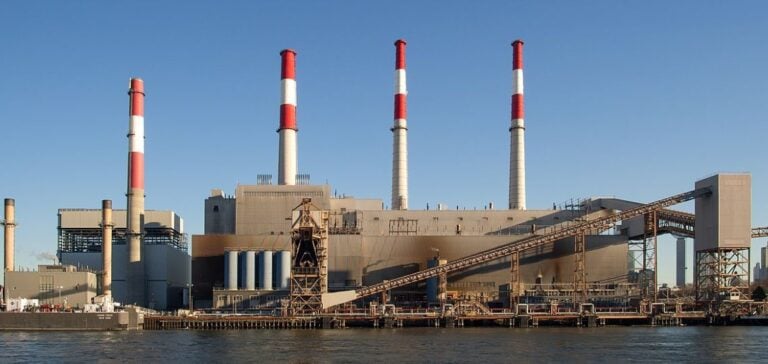California is experiencing a period of extreme heat, with temperatures reaching record levels. This situation is exacerbating energy demand and putting the state’s infrastructure to the test. The California Independent System Operator (ISO) has issued several bulletins urging energy conservation to prevent potential shortages and power outages.
Increased energy demand
In recent years, the demand for electricity has risen sharply in response to various heat waves. Air conditioners are running at full capacity, pushing power plants to their limits. ISO is closely monitoring the situation to maintain the stability of the power grid. In the event of adverse weather conditions, such as Storm Hilary, or unforeseen outages, emergency notifications may be issued to mobilize additional resources.
Temperatures in parts of California reached highs of 101 to 112 degrees Fahrenheit, with similar forecasts for the coming days. Desert areas such as Lancaster and Palm Springs experience even higher temperatures, making energy demand management even more critical.
Impacts of forest fires
Extreme heat also increases the risk of forest fires, which can damage electrical infrastructure and reduce production capacity. The recent California wildfires have already led to localized power outages, adding further pressure to the energy grid. Maintenance teams are on high alert to repair damage quickly and minimize downtime.
Preservation and preparation
ISO strongly encourages residents and businesses to adopt energy conservation measures, such as using appliances during off-peak hours and optimizing air conditioning. These collective efforts are essential to avoid energy shortages and guarantee a stable power supply.
At the same time, investments in energy infrastructure are needed to improve the resilience of the network to such extreme weather events. The development of renewable energy sources and the improvement of storage capacities are priority areas for strengthening long-term energy stability.
The persistent heat wave in California highlights the vulnerability of the power grid to extreme weather conditions. Conservation measures, combined with strategic investment in infrastructure, are crucial to ensuring a reliable energy supply. This situation also calls for reflection on climate change adaptation strategies, to better prepare countries for future episodes of extreme heat.






















